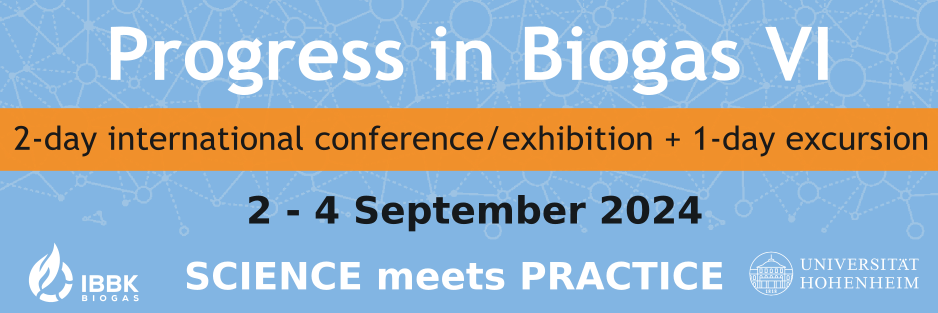Project to refine estimates of available UK land for growing biomass
The Energy Technologies Institute (ETI) has announced that a group led by ADAS, which includes E4tech, RDI Associates, Crops for Energy and Imperial College Consultants, will work on its new project to refine current estimates of available UK land that can be used for the production of crops and forestry for bioenergy.
The ETI is investing £156,000 (€210,000) in the four-month project, which aims to refine existing estimates of the amount of UK land available for bioenergy crops and/or forestry by supplementing existing land constraint estimates with additional datasets and validating the results through field surveys.
Imperial College Consultants and E4tech will initially review recent UK and European land use studies to provide context for the next stage of the project in which ADAS will lead desk-based and field based analyses on a set of sample areas from around the UK, selected using the ETI's Bioenergy Value Chain Model (BVCM).
For the desk-based analysis the team will refine existing BVCM land availability assumptions using additional datasets from sources including the Environment Agency, Natural England and the European Commission. A selection of the same locations will then be assessed by surveyors.
Findings from the desk and field surveys will be compared with each other and any differences will be identified and explained. The report will make recommendations on how BVCM's land availability estimates could be further refined across the UK.
The project will also examine real world case studies where perennial energy crops have delivered positive impacts to growers, whilst managing potential food production and biodiversity impacts. An important aspect will be to identify those characteristics which drive both positive and negative impacts.
Geraint Evans, ETI bioenergy programme manager, says: 'There have been a variety of projects which have sought to understand the amount of land available to grow biomass on in the UK. This work will refine the ETI's understanding of land available for biomass feedstock and help us better understand one of the key questions around how much bioenergy, and in particular bioenergy combined with carbon capture and storage (CCS) can be realised in the UK.'
The outcomes of the project will be used in combination with other ETI projects to provide future insights on the potential of bioenergy in the UK.
ETI analysis shows that not including bioenergy or CCS in the UK's energy mix for 2050 could double the cost of delivering climate change targets from around 1% of GDP to 2%. This means the value of CCS or bioenergy to the energy system is over £200 billion and if neither are developed and it would be difficult to see how the UK would be able to meet its climate change targets.























